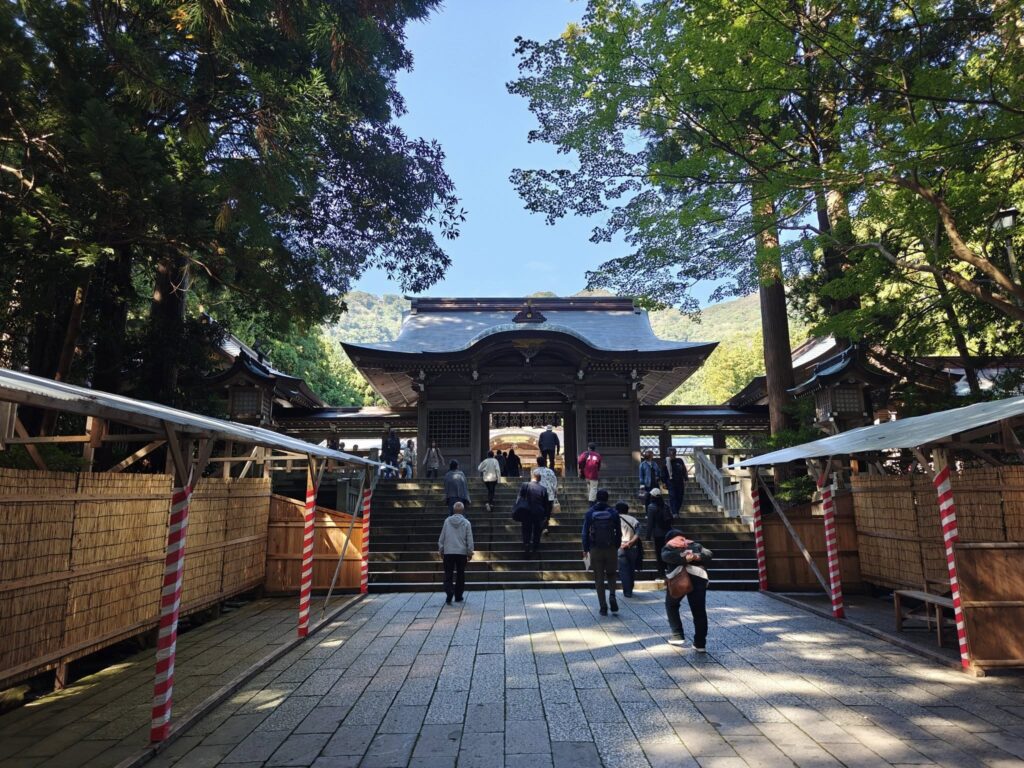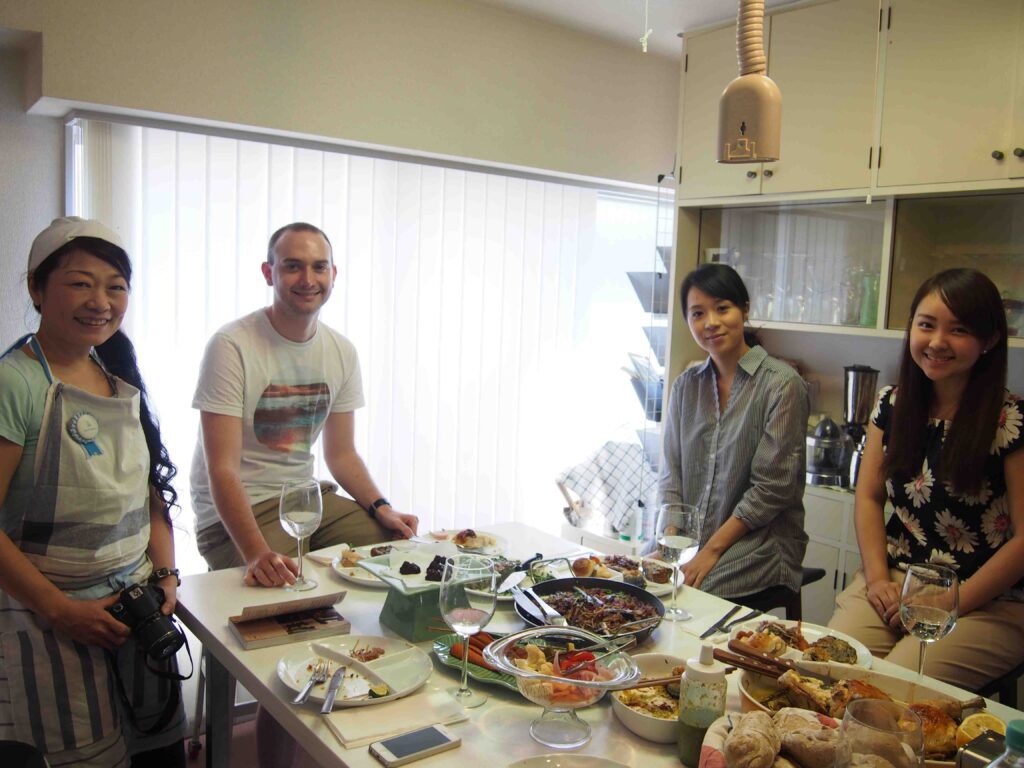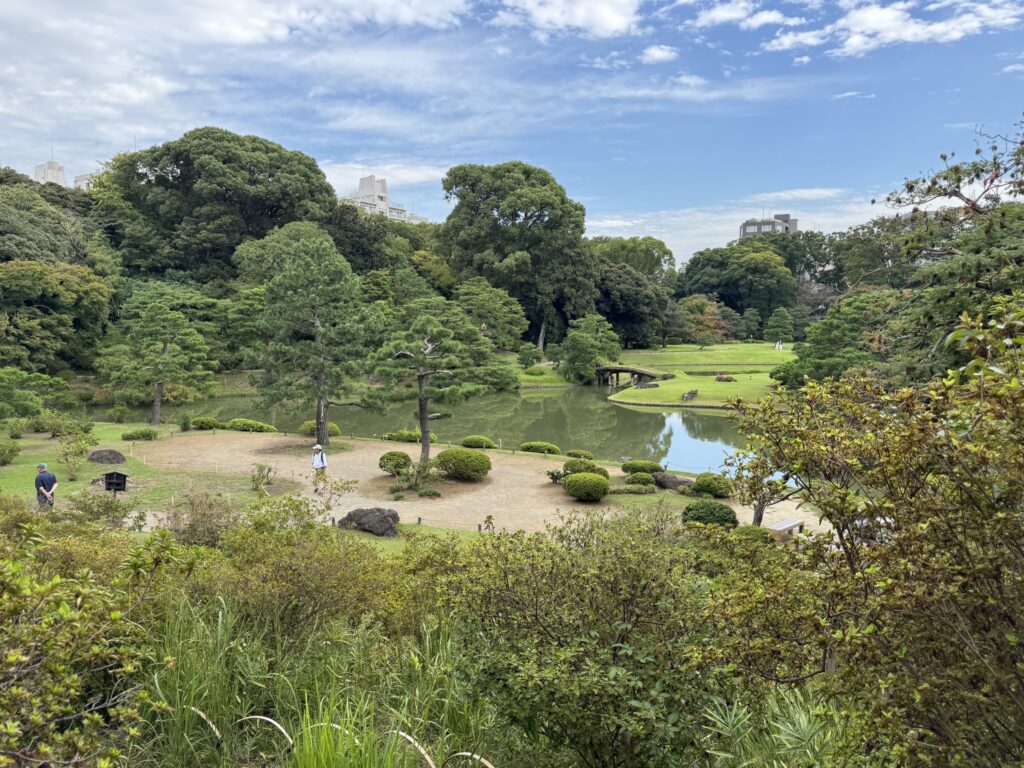Japan Travel Guide: My First Trip, What Actually Helped
Japan Travel Guide: My First Trip, What Actually Helped
Japan » Tokyo
I just came back from my first trip to Japan. This is a simple, first-hand Japan travel guide with the things that made my days easier and the moments I think other travelers will care about.
I used a Suica in Apple Wallet. On iPhone you can add it inside Wallet under transit cards. Each person needs their own Suica on their own phone. I tapped in and out on metro and trains and also paid in many shops and vending machines.
On buses I tapped Suica when I got on at the front and again when I got off at the back. For short hops or when carrying heavy luggage I often took taxis. The GO taxi app worked well and many cars had phone charging. I always compared metro time and cost with GO. It was useful more often than I expected.
For long legs I booked Shinkansen seats in advance on Klook. If you have big suitcases, choose the end-of-car seats with the dedicated luggage area. Some limited express trains like Thunderbird felt more cramped and warm compared with the Shinkansen, which felt closer to business class.
If you join a bus tour, bring a small power adapter so you can charge your phone from the bus outlet. Late afternoon and evening trains can be very full. Google Maps shows live crowd levels, which helped me shift plans by an hour when needed.
I used cards almost everywhere. Contactless worked in most places. Some counters still asked to insert a physical card. Suica also paid for drinks in vending machines and a few snacks. I barely used cash.
There are free city Wi-Fi points in many areas. I still kept mobile data because it is more consistent for maps and translations.

For tax-free shopping I needed my actual passport in my bag. A photo did not work. For quick food to bring back to the room, 7-Eleven was perfect. FamilyMart felt like a small drugstore plus snacks. At Shinkansen stations I bought great bento boxes before boarding.
Electronics in Japan were about two thirds of what I pay at home. I double-checked compatibility like network bands and video standards. Bic Camera was huge and well stocked.
Self-service laundries were clean and easy. A typical wash cost around 500 yen and drying was about 300 yen. I was happy I packed a stronger tote to carry laundry. Google Maps also shows peak hours at attractions, which helped me move popular places to quieter parts of the day.
Busy restaurants were easier to book on Tabelog. Big attractions were smoother when I bought tickets in advance. I joined a few tours on GetYourGuide when I wanted a guide and guaranteed entry.

Brand street in Ginza for a tidy walk and window shopping.
TeamLab Planets felt more special to me than Borderless.
Shibuya for the crossing and side streets.
The Imperial Palace area for a calm loop.
Samurai Museum sword class for a fun hour.
Shopping streets like Ameyoko, Takeshita and Nakamise.
Tokyo Skytree view.
Akihabara and Ikebukuro if you like anime and gaming.
A Fuji day tour for views and photos.
Tokyo Tower at dusk.
DisneySea for a different park feel.
Odaiba walk plus Aqua City mall.
Tokyo Joypolis for arcade rides and shows.
Nintendo Store.
The big Pokémon Center in Ikebukuro. Lines can be long.
A sumo show in Asakusa for a unique hour.
Samurai Museum with shuriken throwing.
Nijo Castle.
Fushimi Inari for the orange gates and the uphill walk.
Arashiyama Bamboo Grove early in the morning.
Monkey Park with a short but steep climb.
Ninenzaka lanes for a classic Kyoto stroll.
Nishiki Market for snacks and small gifts.

Universal Studios. The Super Nintendo area is busy, so an express pass saved time.
Osaka Castle grounds.
Nipponbashi for games and hobby shops.
Dotonbori for lights and food stands at night.
Suica balances can be used on the way out at the airport to finish leftovers on meals and drinks in the terminal, but do not expect a cash refund. Hotels sometimes hold luggage before check-in and after check-out, which pairs well with coin lockers during busy hours. Evening trains are crowded, so consider a late dinner near your hotel and move transfers to mid-morning.
Japan was easy to enjoy because the basics are so well organized and clean. This Japan travel guide is not meant to be dramatic. It is what worked for me on the ground. Set up Suica on your phone, keep a light rain layer, book the big things ahead, and use lockers and convenience stores to simplify your days. The result is a calm trip with good food, smooth trains, and time actually to look around.
Affiliate Disclosure:
This post may contain affiliate links. If you purchase through these links, we may earn a small commission at no additional cost to you.
Your support helps us keep TravelEast running and continue sharing authentic travel experiences.
We use cookies to improve your experience on our site. By using our site, you consent to cookies.
Manage your cookie preferences below:
Essential cookies enable basic functions and are necessary for the proper function of the website.
You can find more information in our Cookie Policy.